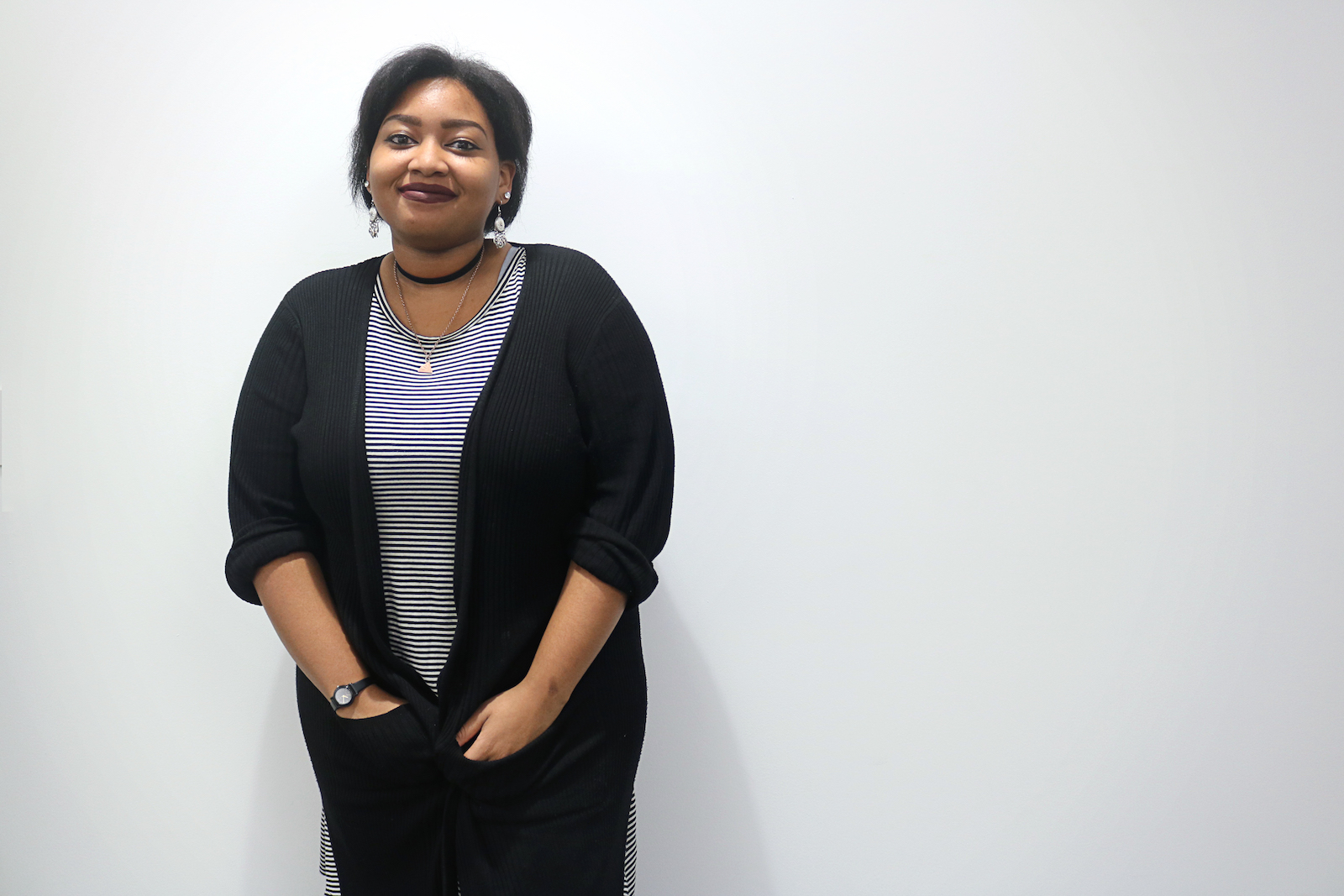The Local newsletter is your free, daily guide to life in Colorado. For locals, by locals.
Jirah Lawrence is stressed just like the rest of her peers. She uses her free periods at school to do more homework (and fill out scholarships for college financial aid). She sees a therapist on a regular basis. Recently, she found out she has a Vitamin D deficiency from spending too much time inside. “Over time, you begin to notice something really small, like that your foundation doesn’t match your skin tone anymore because you’re not going outside,” Lawrence says. “Those things begin to build up and get overwhelming.”
But the bubbly 18-year-old puts a positive twist on most of her challenges. She’s got a strong core group of friends, who she describes as “sort of like my sisters or my second family.” She and her mother, who she lives with in an apartment near Regis University, both work a lot (Lawrence acts in drama club, runs the Black Student Alliance at her school, and helps her mom with her catering business), but because of that, they have similar rhythms. And although she’s struggled to manage her mental health in the past, at least she has access to a therapist at the hospital across the street from her school, one that’s covered by her insurance.

It’s when Lawrence starts talking about the friends who don’t have the same advantages that her eyes darken. She knows teens who have dropped out of school or turned to drugs as a release from the constant pressure that comes when you’re no longer a kid but not yet an adult.
“A lot of adults don’t see that,” she says, meaning they don’t recognize teens sometimes abuse substances in an attempt to deal with stress. “They think it’s just a trying to be cool thing. But a lot of people I know do it just to cope because they don’t have that support system at home, especially people who are underprivileged.”
Data backs up her claims. Twenty-five percent of Denver high school students had reported using marijuana in the month before they were interviewed for a Healthy Kids Colorado survey that was released in 2015, but less than half of high schoolers had talked to a parent about the possible dangers of substance use in the previous year.
Lawrence believes that if more adults (and, to be fair, youth) practiced active listening and maintaining an open attitude, traits she says she learned during her experience with the Youth Leadership Team, those teens might feel like they’re less alone. These are skills she says she’ll turn to as she studies to become a psychologist. “In the future, I think we’ll see change,” she says. “Maybe not instantly because nothing ever happens in an instant but in the future—and I think it’s something that’s going to be really good.”








